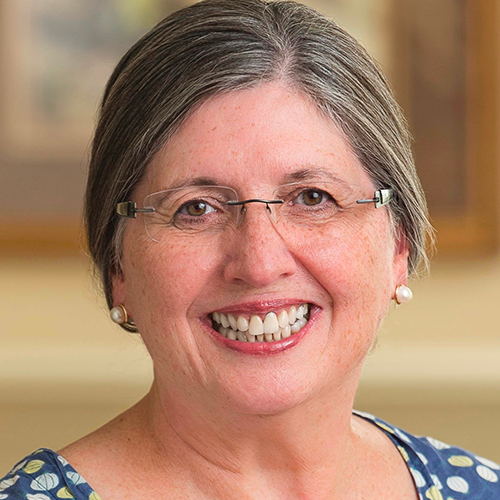
The Point Blog ARCHIVE
All articles found in the archive are more than three years old.
The purpose of this blog is to stimulate thought and discussion about important issues in healthcare. Opinions expressed are those of the author and do not necessarily express the views of CMDA. We encourage you to join the conversation on our website and share your experience, insight and expertise. CMDA has a rigorous and representative process in formulating official positions, which are largely limited to bioethical areas.
What’s in a Name?
October 18, 2018
by D. Joy Riley MD, MA (Ethics)
Verbiage is not the only aspect of euthanasia—> physician-assisted suicide –> death with dignity –> medical-assistance-in-dying (MAID) that continues to undergo transformation in order to make it more palatable. The populations targeted to receive such “ministrations” are ever being enlarged. After all, if assisted death is good for one group, should it not be expanded to allow others access to this “treatment?” That seems to be the thinking behind plans to offer MAID to sick children in Canada.
In a recent extended essay in the Journal of Medical Ethics, authors Carey DeMichelis, Randi Zlotnik and Adam Rapoport discuss “Medical Assistance in Dying at a paediatric hospital.” Canadian law currently allows “medical assistance in dying” or “MAID” for persons aged 18 years and older. Since some can apparently foresee the day when younger patients may wish to avail themselves of such “assistance,” the authors were “asked to develop a policy for responding to MAID requests at our tertiary paediatric institution” (the Hospital for Sick Children in Toronto, Ontario). The article precedes an anticipated report due out later this year from the Canadian Council of Academies (CCA), which is to address whether or not MAID access should be made available to “capable minors.”
The authors point out that the hospital, as a matter of course, could refer to another institution any 18+ year-olds requesting MAID. Then they reject this possible course of action on the basis of:
- Existing relationships having already been established between such hypothetical patients and their institution, and
- “An eye to the future,” when capable minors are allowed to choose MAID.
DeMichelis, et al., consider two interpretations of MAID: Is it “ethically distinct from” or “ethically equivalent to” “other medical procedures that result in the end of life”? They seek to find a third way, or middle ground, but are less than successful. The authors describe MAID “as consistent with other medical interventions that result in the end of life” at the same time as “acknowledging that MAID may be experienced as distinct by some patients and clinicians.”
The primary considerations were the alleviation of suffering and the autonomy of patients. Whether physicians and other caregivers agreed—or even whether or not parents were informed of choices made—were not important considerations to the authors. Indeed, they wrote, “The ends of alleviating suffering and giving capable patients agency in their end of life decision-making is prioritised over the means by which these goals are achieved.”
DeMichelis, et al., do not yet demand that patients be informed of their right to MAID. Why?
- “…we stop short of asserting a positive obligation to inform patients about MAID.”
- “…continued discussions across hospital roles signalled that departing from this aspect of adult policy on MAID was not welcome at a time when the idea of providing MAID in a paediatric setting is already controversial. . . . We plan to revisit this issue in future iterations of the policy when some of the contemporary social controversy and uncertainty around the practice of MAID has become more settled.”
They will reserve that portion of the slippery slope for another day.
Ethics is about right-doing. Bioethics should be about right-doing regarding issues of life—not about defining whom it is we can ethically murder euthanize assist in suicide help die with dignity medically assist in dying.
Special thanks to Michael Cook with providing the various names of the organizations.

